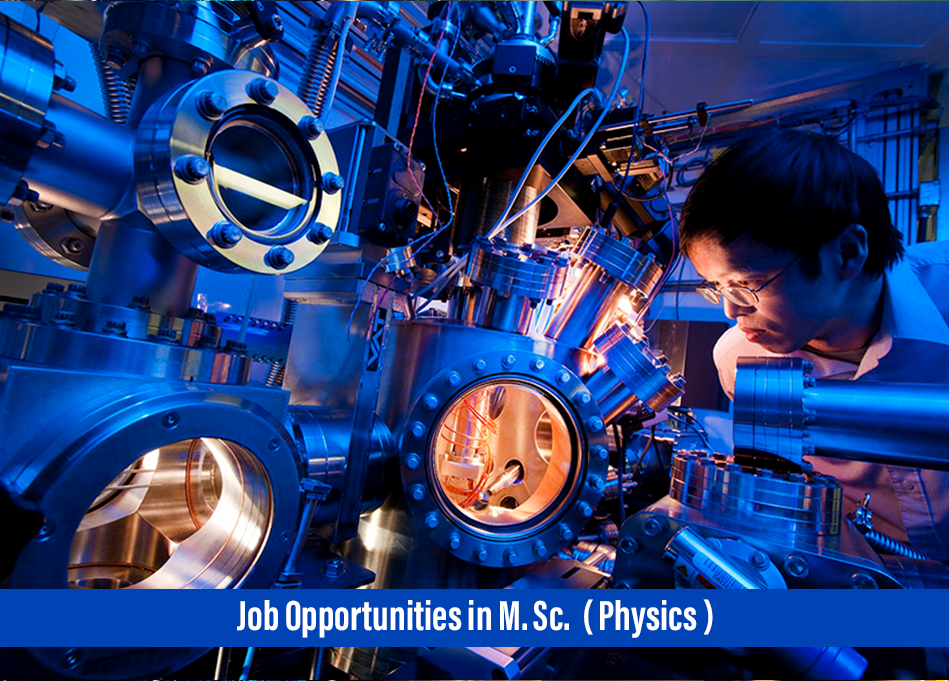A Master of Science (M.Sc.) in Physics is an advanced academic program that offers a comprehensive exploration of the fundamental principles and advanced concepts in physics. Through a combination of theoretical coursework, experimental research, and practical laboratory work, students deepen their understanding of classical and modern physics, including quantum mechanics, electromagnetism, and relativity. M.Sc. Physics programs often provide opportunities for specialization in areas such as condensed matter physics, astrophysics, nuclear physics, or theoretical physics. Graduates are equipped with advanced analytical and research skills, preparing them for careers in scientific research and development, academia, technology, and various industries. The program not only fosters a deep appreciation for the complexities of the physical world but also serves as a platform for contributing to cutting-edge advancements and innovations in the field of physics.
Candidates must possess a BSc in Physics, Chemistry, and Mathematics from a recognised college or university with a minimum of 55% marks.
An M.Sc. in Physics opens up diverse and promising career prospects for graduates. Those inclined towards research can pursue roles as research scientists, contributing to groundbreaking discoveries in academic institutions, research laboratories, or private industries. Specializations such as astrophysics, condensed matter physics, or particle physics offer unique career paths, including opportunities to work on space missions, materials science, or high-energy physics experiments. Graduates can also enter the technology sector, contributing to advancements in areas like electronics, optics, or telecommunications. Additionally, M.Sc. Physics opens doors to roles in data science, where analytical and quantitative skills are highly valued. The program's flexibility allows for careers in teaching and academia, as well as opportunities in fields such as finance, environmental science, and engineering. The critical thinking, problem-solving, and analytical skills developed during the program make M.Sc. Physics graduates versatile contributors to scientific research, technological advancements, and innovation. Advanced studies or doctoral research can further enhance specialized career opportunities in specific branches of physics.
